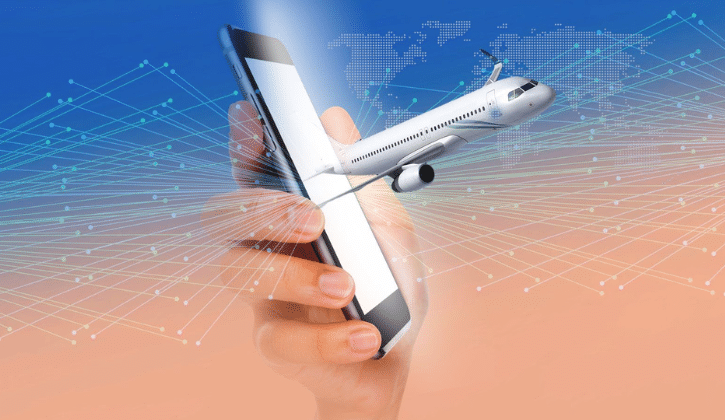
1. Seamless Planning and Booking
Gone are the days of relying solely on travel agents and guidebooks. The advent of online travel platforms and mobile applications has empowered travellers to plan their journeys with unprecedented ease. With just a few clicks, one can research destinations, compare prices, and book flights and accommodations. This accessibility has not only simplified the planning process but has also made travel more democratic, allowing a broader spectrum of people to embark on adventures.
2. Personalized Travel Experiences
The rise of artificial intelligence (AI) and big data has ushered in a new era of personalized travel experiences. Travel platforms leverage algorithms to analyze user preferences, suggesting tailor-made itineraries and recommending activities based on individual interests. This level of customization ensures that every traveller, whether an adventure seeker or a cultural enthusiast, can enjoy a trip designed to align with their unique preferences.
3. Real-Time Navigation and Exploration
Smartphones equipped with GPS technology have transformed the way we navigate unfamiliar territories. Mobile apps provide real-time navigation, helping travellers find their way through intricate city streets or discover hidden gems off the beaten path. This not only enhances safety but also encourages a sense of exploration, as travellers can confidently venture into unknown areas with the assurance that they can easily find their way back.
4. Immersive Experiences through Augmented Reality (AR)
Augmented reality has opened up new dimensions in travel, offering immersive experiences that blend the virtual and physical worlds. Through AR apps, travellers can overlay information about landmarks and historical sites or even translate foreign languages in real-time, enhancing their understanding and appreciation of the places they visit. This interactive technology adds a layer of depth to travel, turning it into an educational and engaging adventure.
5. Connectivity on the Go
The widespread availability of high-speed internet and the rise of portable devices have transformed the way we stay connected while travelling. Social media platforms allow us to share our experiences instantly, fostering a sense of community among travellers worldwide. Additionally, staying connected enables real-time communication with locals. Making it easier to navigate cultural nuances and seek recommendations from those who know the destination best.
Sustainable Travel Practices
Technology is also playing a pivotal role in promoting sustainable travel. From eco-friendly travel apps to digital platforms highlighting responsible tourism practices, travellers are now more conscious of their environmental impact. This increased awareness, facilitated by technology, is driving a shift towards more sustainable travel choices, benefiting both the destinations and the global environment.
Conclusion
In conclusion, the impact of technology on travel is profound and multi-faceted. It has not only made the journey more accessible and enjoyable but has also transformed the way we perceive and interact with the world. As technology continues to advance, the travel industry is poised to undergo even more significant changes, providing exciting opportunities for both seasoned and aspiring globetrotters. By embracing these technological innovations, we can look forward to a future where travel becomes an increasingly enriching and seamlessly connected experience.



